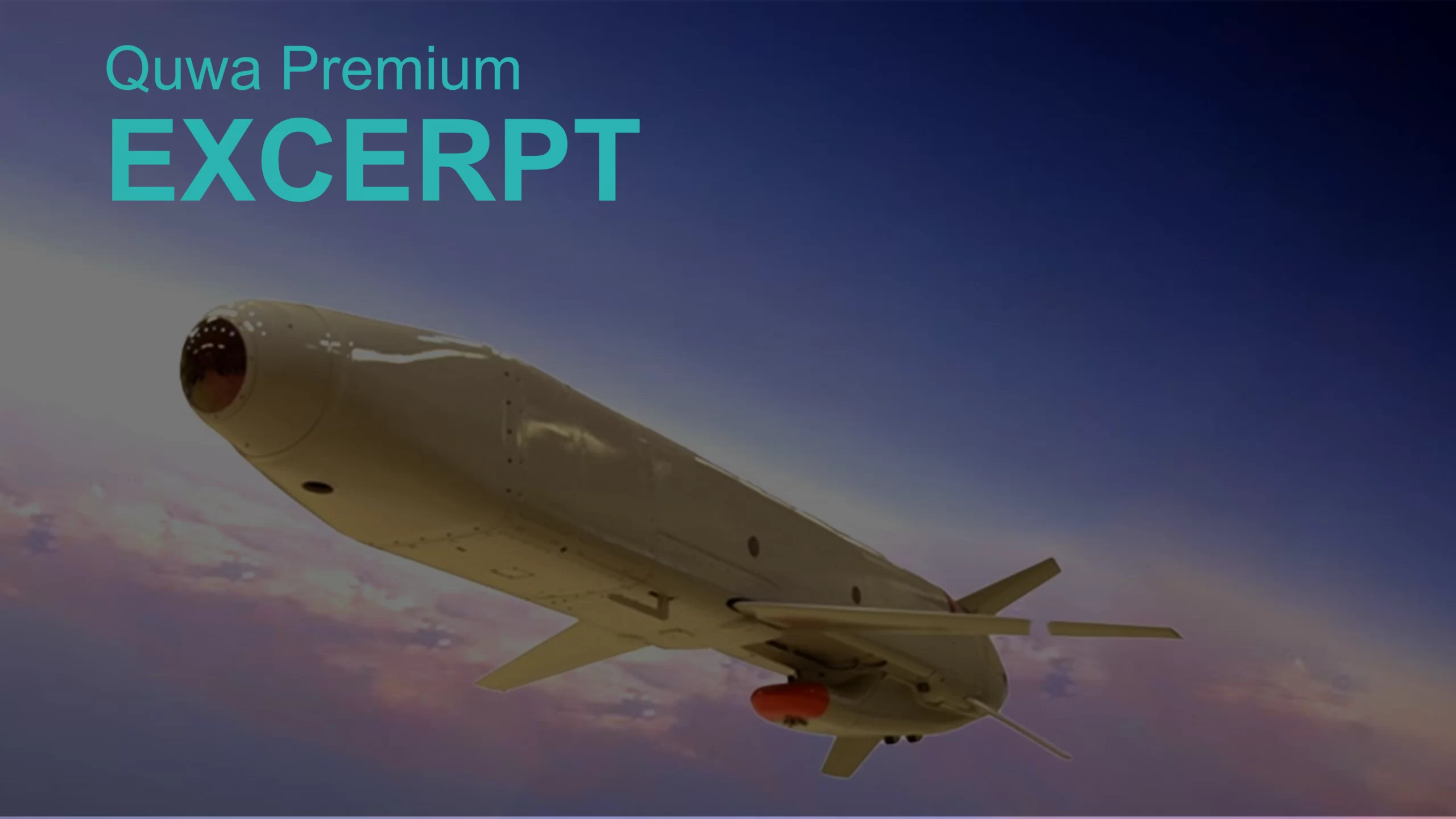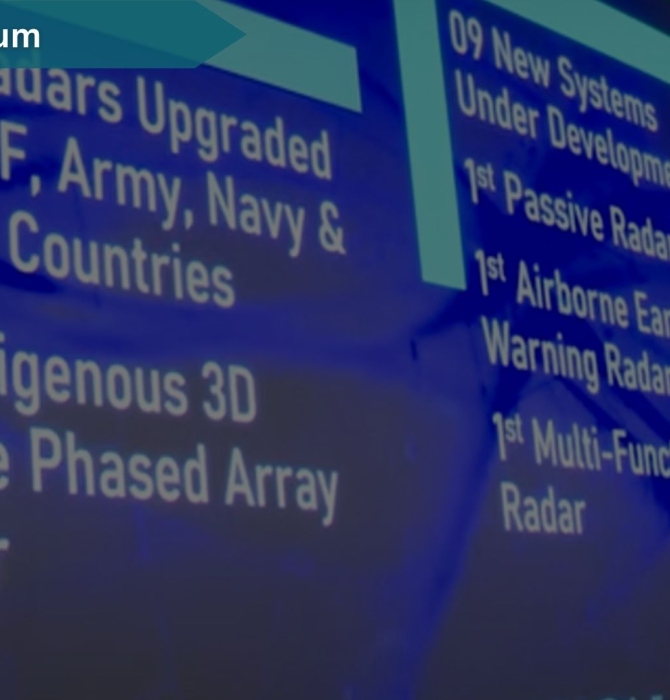7731Views
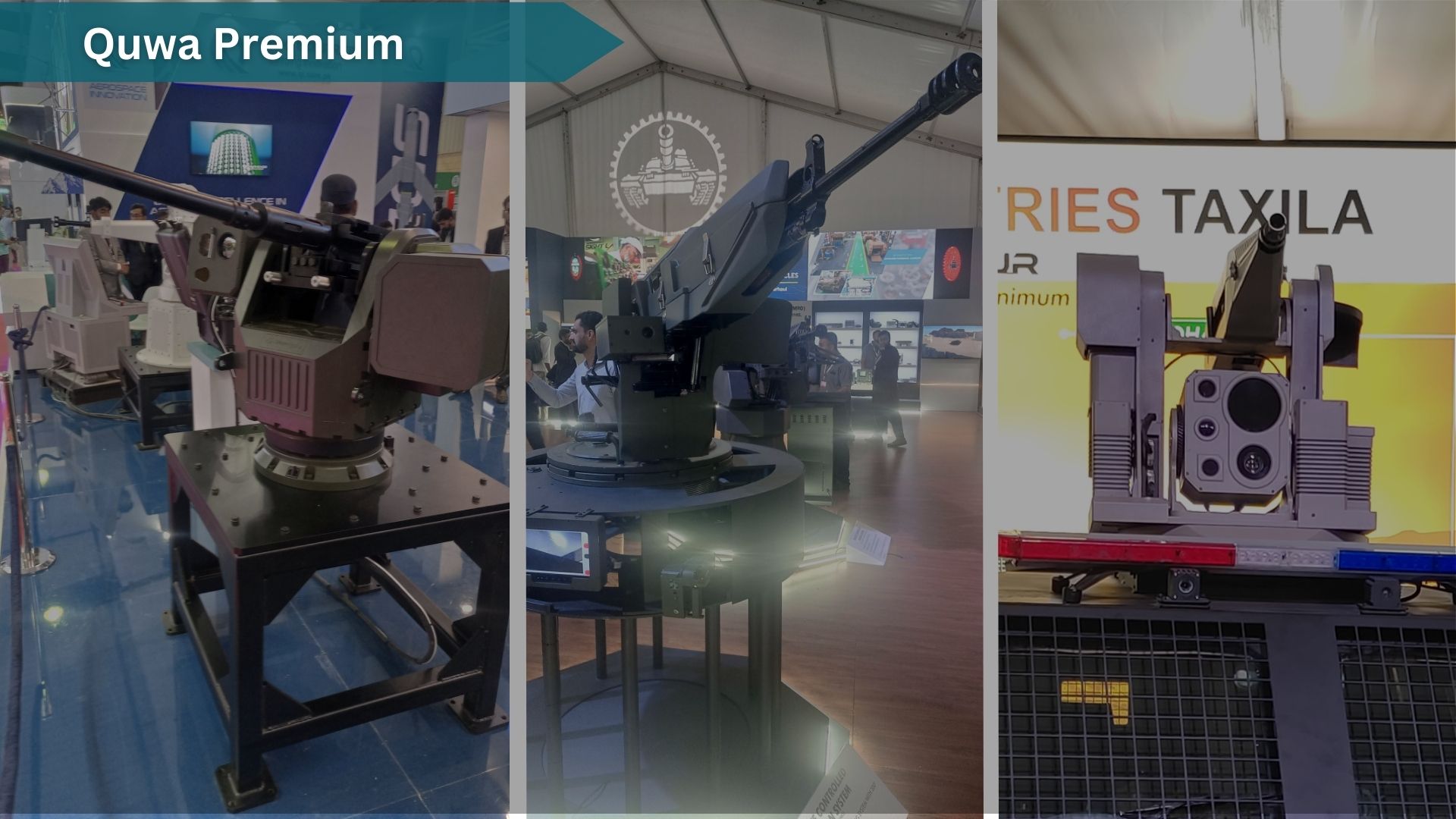
Emergence of Pakistani Remote-Controlled Weapon Stations (RCWS) Quwa Premium
This article was written by Farooq B, an open source intelligence (OSINT) analyst specializing on Pakistani defence procurement and development programs. For more of Farooq’s insights, follow him on X.
At the 2024 International Defence Exhibition and Seminar (IDEAS 2024), the Pakistani industry revealed a number of homegrown remote-controlled weapon stations (RCWS).
An RCWS is, as the name suggests, a turret that allows vehicle, ship, or even facility occupants to operate a mounted gun by remote. The use of RCWS reduces the risk of harm to the operator as they do not need to leave their vehicle/facility to fire a gun.
However, an RCWS also provides a potential platform for automated weapon systems that can independently identify and fire at targets. Hence, the sudden emergence of these new solutions could drive key shifts in both how Pakistan manages combat operations and the direction of its defence industry in the coming years.
Heavy Industries Taxila (HIT) took center stage as it provided the platforms (both as the primary venue and military vehicle provider) to showcase new RCWS solutions from both state-owned enterprises (SOE) and privately owned companies alike.
This was a change in how HIT typically markets its goods. Previously, HIT used its venue or pavilion to showcase its own products. However, at IDEAS 2024, HIT’s approach was one of promoting partnerships with domestic players. In fact, HIT even helped promote an RCWS solution from Stingray Technologies, which was marketing its goods for naval use.
HIT Dhaal RCWS
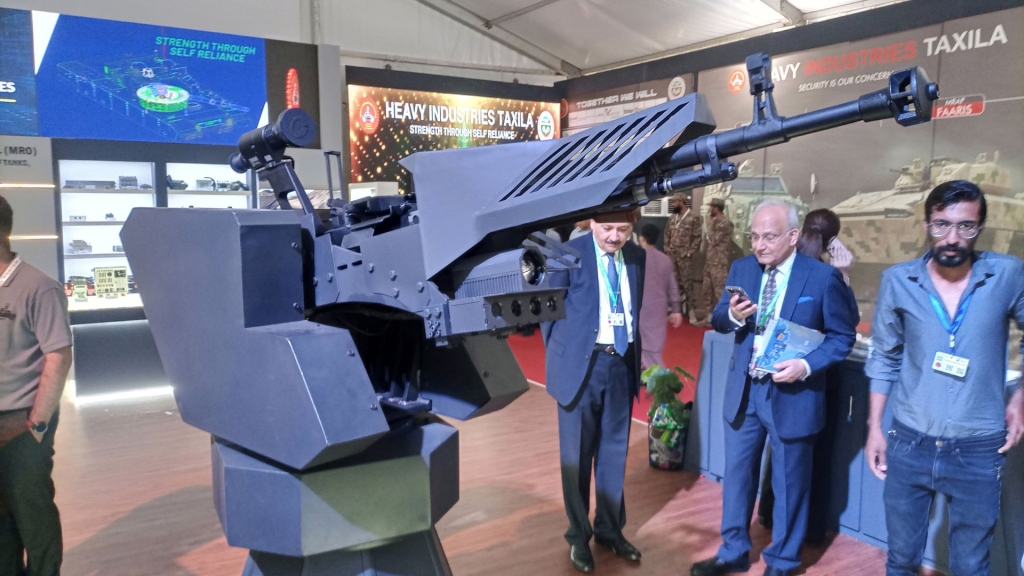
HIT showcased several RCWS solutions that were either developed in-house or acquired off-the-shelf through transfer-of-technology (ToT) agreements.
One notably interesting solution was the HIT Dhaal (shield), a low-cost RCWS intended for static mount use on military border posts. The Dhaal appears to come with some sort of artificial intelligence (AI)-enabled day optics system as a standard feature. In addition, the Dhaal features an optional thermal sight (i.e., Shibli Tarsier) that can be attached to a picatinny rail mount, which would allow for modularity and use of different sights.
HIT VT4 RCWS
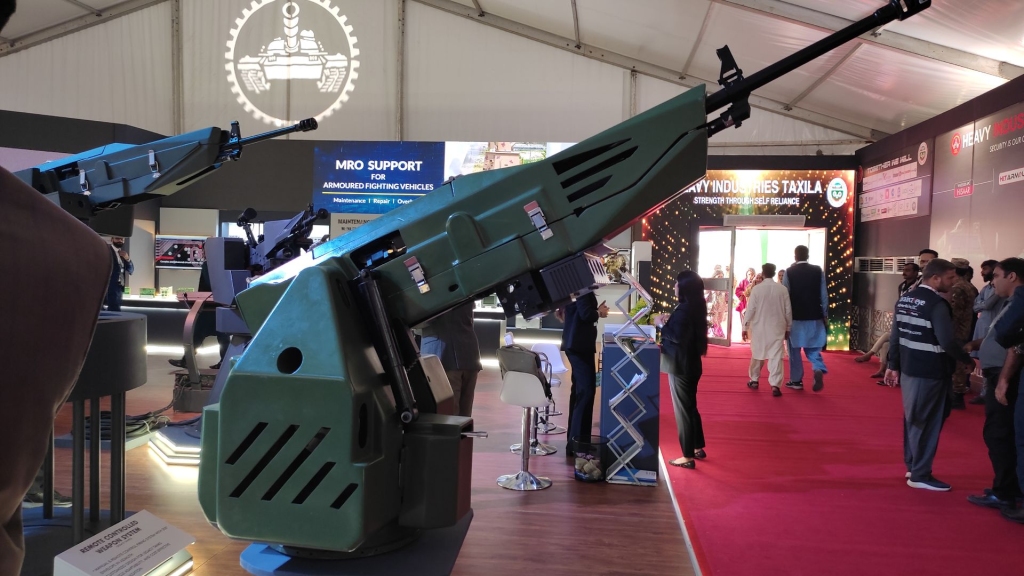
HIT showcased several RCWS solutions that were either developed in-house or acquired off-the-shelf through transfer-of-technology (ToT) agreements.
One notably interesting solution was the HIT Dhaal (shield), a low-cost RCWS intended for static mount use on military border posts. The Dhaal appears to come with some sort of artificial intelligence (AI)-enabled day optics system as a standard feature. In addition, the Dhaal features an optional thermal sight (i.e., Shibli Tarsier) that can be attached to a picatinny rail mount, which would allow for modularity and use of different sights.
End of excerpt (377/824 words)
Existing Quwa Premium members can log in below
Note: Logged in members may need to refresh the article page to see the article.

